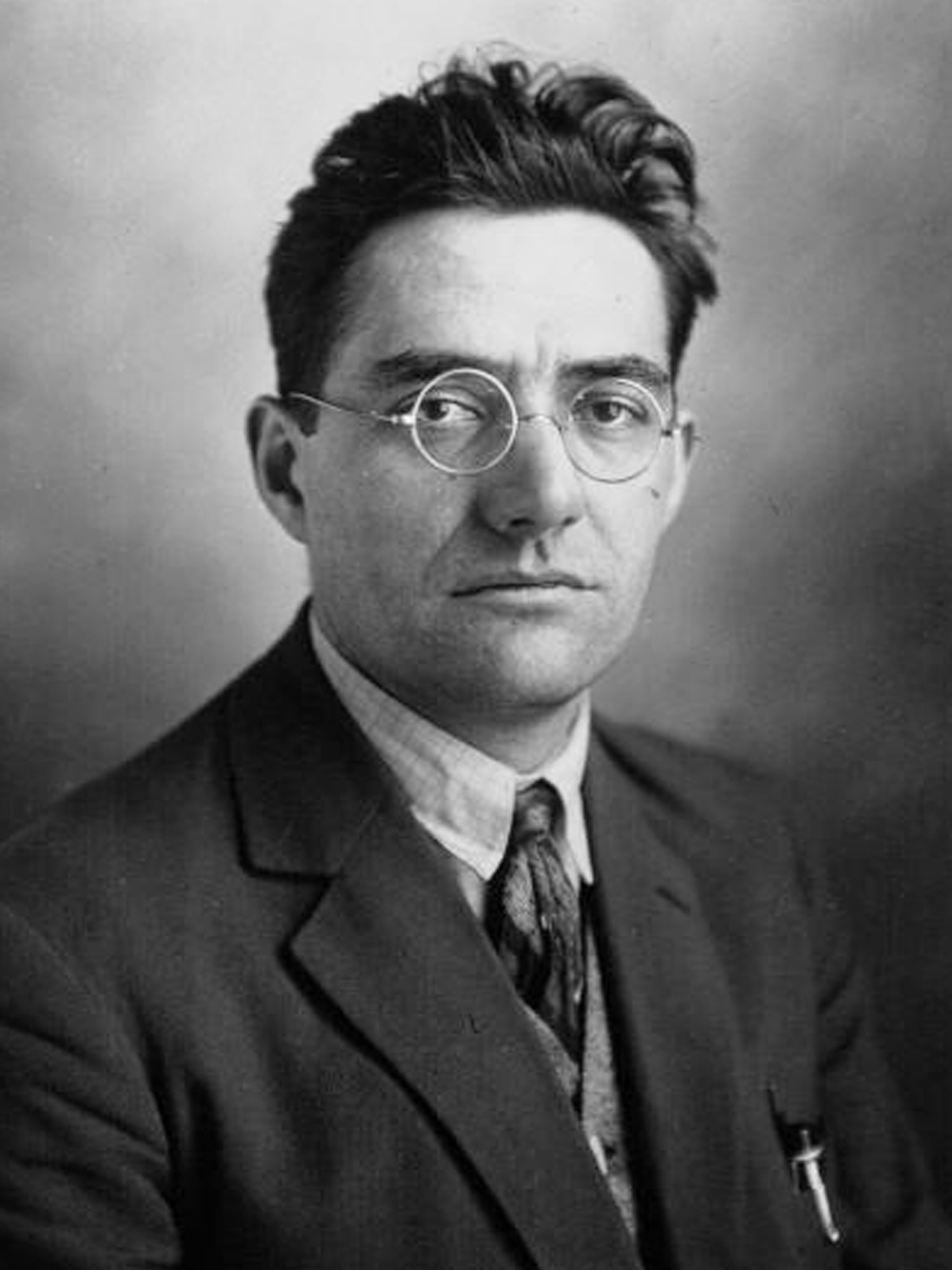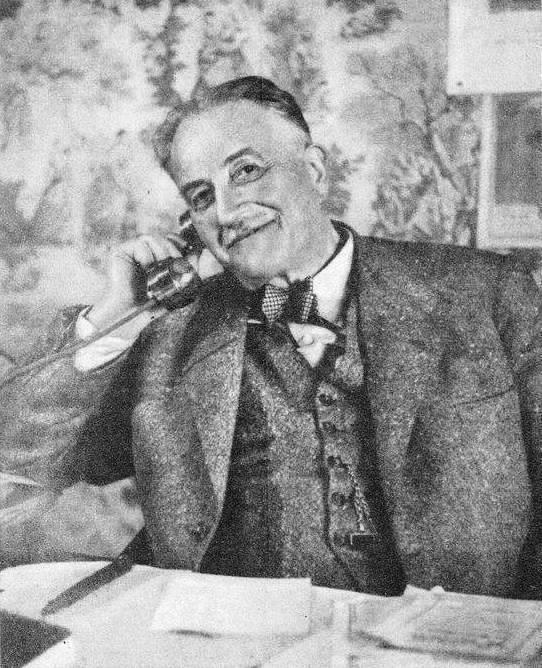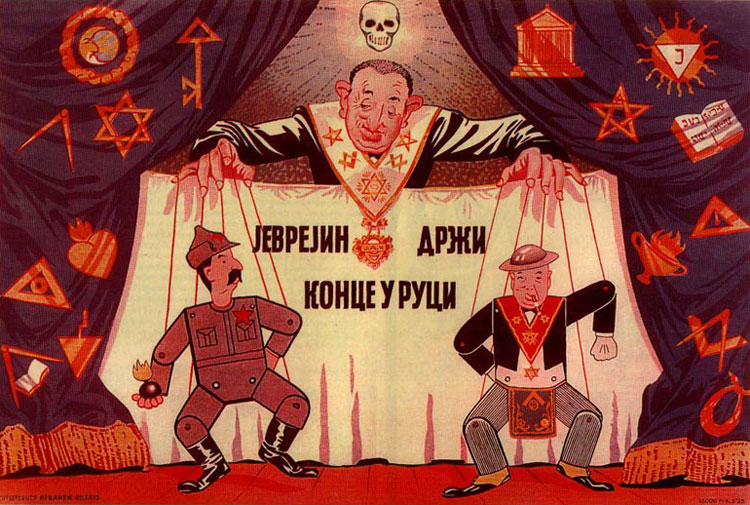|
Pierre Pucheu
Pierre Firmin Pucheu (27 June 1899 – 20 March 1944) was a French industrialist, fascist and member of the Vichy government. He became after his marriage the son-in-law of the Belgian architect Paul Saintenoy. Early years The son of a tailor from southwest France, Pucheu was born in Beaumont-sur-Oise and won a scholarship to the École Normale Supérieure in Paris, where he was a contemporary of both Robert Brasillach and Jean-Paul Sartre. Initially intending to follow the path of a writer himself, he became enamoured of capitalism in Paris and determined instead to enter the business world.P. Webster, ''Petain's Crime'', London, Pan Books, 2001, p. 126 He was ultimately drawn to the steel industry and eventually came to head up one of the largest monopolies, the Cartel d'Acier. Initially showing little real interest in politics, his interest was sparked by the 6 February 1934 crisis and he became associated first with the Croix-de-Feu and then with Jacques Doriot's Parti Popu ... [...More Info...] [...Related Items...] OR: [Wikipedia] [Google] [Baidu] |
Minister Of The Interior (France)
Minister of the Interior (french: Ministre de l'Intérieur; ) is a prominent position in the Government of France. The position is equivalent to the interior minister in other countries, like the Home Secretary in the United Kingdom, the Minister of Public Safety in Canada, or similar to a combination of the Attorney General and the Secretary of Homeland Security in the United States. Responsibilities The Minister of the Interior is responsible for the following: * The general interior security of the country, with respect to criminal acts or natural catastrophes ** including the major law-enforcement forces *** the National Police *** the National Gendarmerie for its police operations since 2009; as a part of the French Armed Forces, the Gendarmerie is administratively under the purview of the Ministry of Armed Forces ** General directorate for civil defence and crisis management (Sécurité Civile) *** the directorate of Firefighters (Sapeurs-Pompiers) * the granting of id ... [...More Info...] [...Related Items...] OR: [Wikipedia] [Google] [Baidu] |
Jacques Doriot
Jacques Doriot (; 26 September 1898 – 22 February 1945) was a French politician, initially communist, later fascist, before and during World War II. In 1936, after his exclusion from the Communist Party, he founded the French Popular Party (PPF) and took over the newspaper '' La Liberté'', which took a stand against the Popular Front. During the war, Doriot was a radical supporter of collaboration and contributed to the creation of the Legion of French Volunteers against Bolshevism (LVF). He fought personally in German uniform on the Eastern Front, with the rank of lieutenant. Early life and politics Doriot moved to Saint Denis, near Paris, at an early age and became a labourer. In 1916, in the midst of World War I, he became a committed socialist, but his political activity was halted by his joining the French Army in 1917. Participating in active combat during World War I, Doriot was captured by enemy troops and remained a prisoner of war until 1918. For his wartime servi ... [...More Info...] [...Related Items...] OR: [Wikipedia] [Google] [Baidu] |
Jacques Barnaud
Jacques Barnaud (born 24 February 1893 in Antibes – died 15 April 1962 in Paris) was a French banker, businessman and member of the collaborationist Vichy regime during the Second World War. A graduate of the École Polytechnique, Barnaud worked for the Banque Worms as an executive from 1928 to 1939. He was enthusiastic about the Vichy regime and following the appointment of François Darlan as Prime Minister of France in February 1941, Barnaud was brought into the government as Delegate General for Franco-German Economic Relations. Along with the likes of Jean Bichelonne, François Lehideux and Pierre Pucheu, he was a member of a group of technocrats who were important in the early days of the Vichy regime. Barnaud worked with Nazi Germany during the occupation in order to secure deals to supply them with aluminium and rubber from French Indo-China.Michael Curtis (2003) ''Verdict on Vichy'', Phoenix. p. 259 . He did, however successfully oppose a plan suggested by Hermann G ... [...More Info...] [...Related Items...] OR: [Wikipedia] [Google] [Baidu] |
Jean Bichelonne
Jean Bichelonne (24 December 1904 – 22 December 1944) was a French businessman and member of the Vichy government that governed France during World War II following the occupation of France by Nazi Germany. Early life Jean Bichelonne was born on December 24, 1904, in Bordeaux. He graduated from the École Polytechnique. Career Bichelonne gained an early reputation for his brilliant organisational skill as well as his photographic memory.Richard F. Kuisel, ''Capitalism and the state in modern France: renovation and economic management in the twentieth century'', CUP Archive, 1983, p. 132 In 1937, he became member of the cabinet of the minister for public works, Henri Queuille. In 1939, he became chief of staff to Raoul Dautry, then Defence Minister. He was a member of the French delegation in the armistice commission (the Armistice of 22 June 1940 was a de facto surrender). Following the establishment of Vichy, Bichelonne was, in September 1940, appointed head of the ''Office ... [...More Info...] [...Related Items...] OR: [Wikipedia] [Google] [Baidu] |
Europe
Europe is a large peninsula conventionally considered a continent in its own right because of its great physical size and the weight of its history and traditions. Europe is also considered a Continent#Subcontinents, subcontinent of Eurasia and it is located entirely in the Northern Hemisphere and mostly in the Eastern Hemisphere. Comprising the westernmost peninsulas of Eurasia, it shares the continental landmass of Afro-Eurasia with both Africa and Asia. It is bordered by the Arctic Ocean to the north, the Atlantic Ocean to the west, the Mediterranean Sea to the south and Asia to the east. Europe is commonly considered to be Boundaries between the continents of Earth#Asia and Europe, separated from Asia by the drainage divide, watershed of the Ural Mountains, the Ural (river), Ural River, the Caspian Sea, the Greater Caucasus, the Black Sea and the waterways of the Turkish Straits. "Europe" (pp. 68–69); "Asia" (pp. 90–91): "A commonly accepted division between Asia and E ... [...More Info...] [...Related Items...] OR: [Wikipedia] [Google] [Baidu] |
Nazi
Nazism ( ; german: Nazismus), the common name in English for National Socialism (german: Nationalsozialismus, ), is the far-right totalitarian political ideology and practices associated with Adolf Hitler and the Nazi Party (NSDAP) in Nazi Germany. During Hitler's rise to power in 1930s Europe, it was frequently referred to as Hitlerism (german: Hitlerfaschismus). The later related term " neo-Nazism" is applied to other far-right groups with similar ideas which formed after the Second World War. Nazism is a form of fascism, with disdain for liberal democracy and the parliamentary system. It incorporates a dictatorship, fervent antisemitism, anti-communism, scientific racism, and the use of eugenics into its creed. Its extreme nationalism originated in pan-Germanism and the ethno-nationalist '' Völkisch'' movement which had been a prominent aspect of German nationalism since the late 19th century, and it was strongly influenced by the paramilitary groups that ... [...More Info...] [...Related Items...] OR: [Wikipedia] [Google] [Baidu] |
Joseph Barthélemy
Joseph Barthélemy (8 July 1874, Toulouse – 14 May 1945) was a French jurist, politician and journalist. Initially a critic of Nazi Germany, he would go on to serve as a minister in the collaborationist Vichy regime. Early years The son of Aimé Barthélemy, a left-wing mayor of Toulouse, Joseph Barthélemy followed the legal profession and rose to become professor of constitutional law at the University of Paris.P. Webster, ''Petain's Crime'', London: Pan Books, 2001, p. 122 As one of the leading French Catholic intellectuals of the 1930s, Barthélemy was initially noted as a strong critic of Nazism, particularly the movement's anti-Semitism. Vichy France Although Barthélemy was on the moderate right, he was attracted to Vichy France because of the initial approval of the new regime that was shown by his mentor, Charles Maurras. Like his ally Pierre-Étienne Flandin, Barthélemy supported pacifism in relation to Nazi Germany and was also firmly anticommunist, two factors that ... [...More Info...] [...Related Items...] OR: [Wikipedia] [Google] [Baidu] |
The Patriotic Traitors
''The Patriotic Traitors: A History of Collaboration in German-Occupied Europe, 1940–45'' is a 1972 book by David Littlejohn. It is a history of the Europeans who took part in collaborationism with Nazi Germany. Individual chapters are devoted to Norway, Denmark, the Netherlands, Belgium, France and the Soviet Union. Littlejohn was later criticized for the book in the work ''The Kings and the Pawns'' in which Leonid Rein stated that it was wrong to "attribute all collaboration during World War II to fascist and fascist-like parties". See also *Non-Germans in the German armed forces during World War II *Wehrmacht foreign volunteers and conscripts *Waffen-SS foreign volunteers and conscripts During World War II, the Waffen-SS recruited significant numbers of non-Germans, both as volunteers and conscripts. In total some 500,000 non-Germans and ethnic Germans from outside Germany, mostly from German-occupied Europe, were recruited betwe ... References 1972 non-fiction bo ... [...More Info...] [...Related Items...] OR: [Wikipedia] [Google] [Baidu] |
Anti-Masonry
Anti-Masonry (alternatively called anti-Freemasonry) is "avowed opposition to Freemasonry",''Oxford English Dictionary'' (1979 ed.), p. 369. which has led to multiple forms of religious discrimination, violent persecution, and suppression in some countries as well as in various organized religions (primarily Abrahamic religions). However, there is no homogeneous anti-Masonic movement. Anti-Masonry consists of radically differing criticisms from frequently incompatible political institutions and organized religions that oppose each other, and are hostile to Freemasonry in some form. Early anti-Masonic documents The earliest anti-Masonic document was a leaflet which was printed in 1698 by a Presbyterian minister who was named Winter. It reads: TO ALL GODLY PEOPLE, In the Citie of London. Having thought it needful to warn you of the Mischiefs and Evils practiced in the Sight of God by those called Freed Masons, I say take Care lest their Ceremonies and secret Swearings take hold ... [...More Info...] [...Related Items...] OR: [Wikipedia] [Google] [Baidu] |
Le Temps (Paris)
''Le Temps'' (, ''The Times'') was one of Paris's most important daily newspapers from 25 April 1861 to 30 November 1942. It was a serious paper of record. Founded in 1861 by Edmund Chojecki (writing under the pen name "Charles Edmond") and Auguste Nefftzer, ''Le Temps'' was under Nefftzer's direction for ten years, when took his place, and for nearly 45 years directed the newspaper with an iron hand until his death in 1914. He was succeeded by his sons Émile (1914), and Adrien Jr. (1925) and by Louis Mills (1929). Soon after Mills' death in 1931, ''Le Temps'' became a public limited company. Adrien Hébrard and his successors left substantial freedom to the editorial room and the newspaper had the reputation of keeping its journalists for a long time. ''Le Temps'' always remained moderate politically. The early issues of the newspaper reflected Nefftzer's liberal philosophy and had considerable trouble achieving readership. He frequently had to turn to friends in Alsace who w ... [...More Info...] [...Related Items...] OR: [Wikipedia] [Google] [Baidu] |
Škoda Auto
Škoda Auto a.s. (), often shortened to Škoda, is a Czech automobile manufacturer established in 1925 as the successor to Laurin & Klement and headquartered in Mladá Boleslav, Czech Republic. Škoda Works became state owned in 1948. After 1991, it was gradually privatized to the German Volkswagen Group, becoming a subsidiary in 1994 and since 2000 a wholly owned subsidiary. Škoda automobiles are sold in over 100 countries and in 2018, total global sales reached 1.25 million units, an increase of 4.4% from the previous year. The operating profit was €1.6 billion in 2017, an increase of 34.6% over the previous year. As of 2017, Škoda's profit margin was the second highest of all Volkswagen AG brands after Porsche. History The Škoda Works were established as an arms manufacturer in 1859. ŠKODA AUTO (and its predecessor Laurin & Klement) is the fifth-oldest company producing cars, and has an unbroken history alongside Daimler, Opel, Peugeot, and Tatra. Laurin & Klement ... [...More Info...] [...Related Items...] OR: [Wikipedia] [Google] [Baidu] |
Czechoslovakia
, rue, Чеськословеньско, , yi, טשעכאסלאוואקיי, , common_name = Czechoslovakia , life_span = 1918–19391945–1992 , p1 = Austria-Hungary , image_p1 = , s1 = Czech Republic , flag_s1 = Flag of the Czech Republic.svg , s2 = Slovakia , flag_s2 = Flag of Slovakia.svg , image_flag = Flag of Czechoslovakia.svg , flag = Flag of Czechoslovakia , flag_type = Flag(1920–1992) , flag_border = Flag of Czechoslovakia , image_coat = Middle coat of arms of Czechoslovakia.svg , symbol_type = Middle coat of arms(1918–1938 and 1945–1961) , image_map = Czechoslovakia location map.svg , image_map_caption = Czechoslovakia during the interwar period and the Cold War , national_motto = , anthems = ... [...More Info...] [...Related Items...] OR: [Wikipedia] [Google] [Baidu] |
.jpg)





